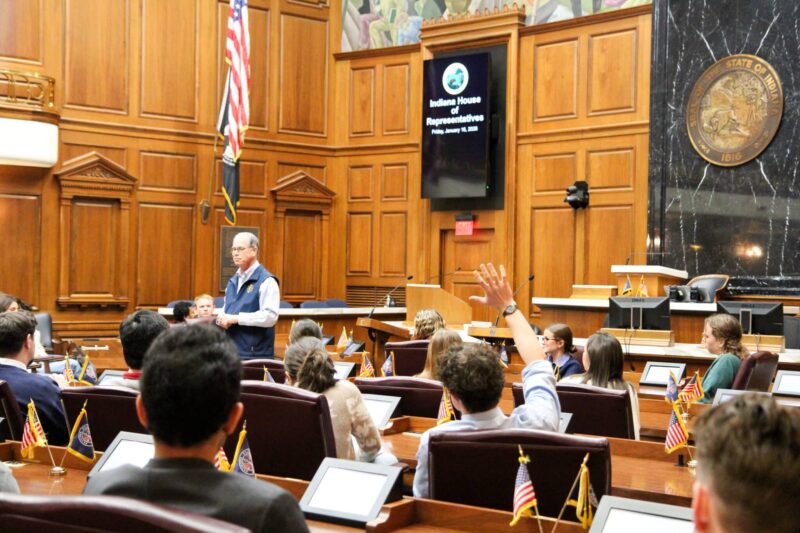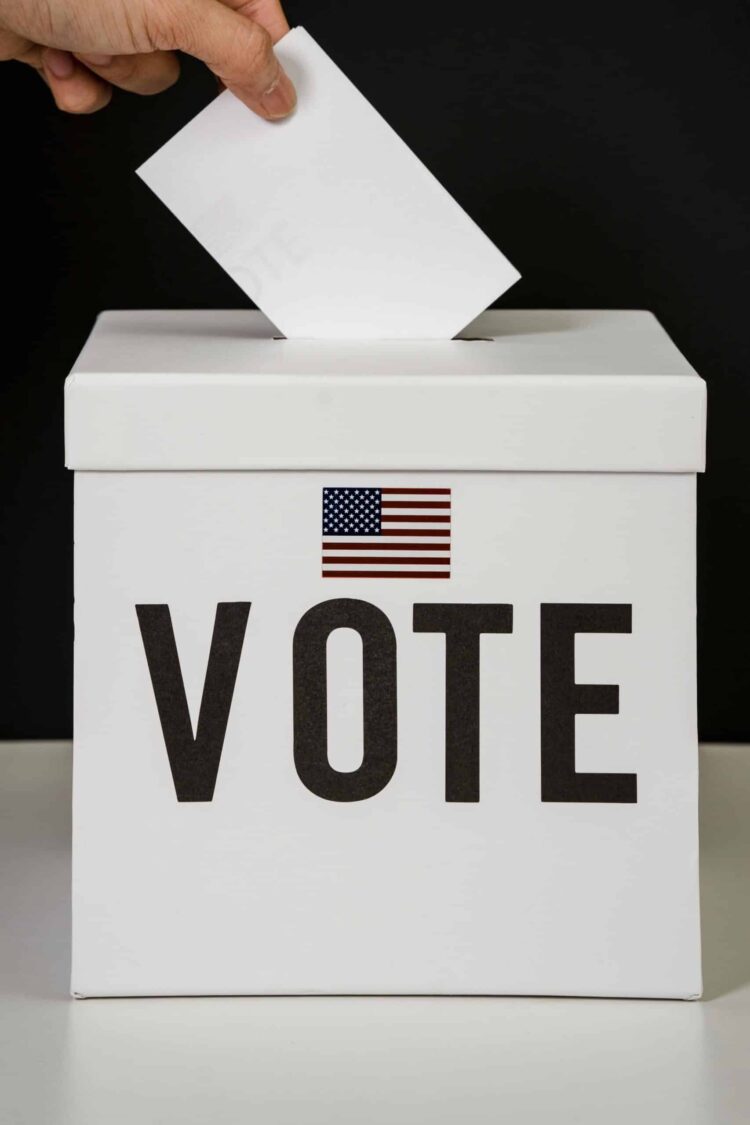U.S. President Donald Trump had the red carpet rolled out for Russian President Vladimir Putin. Putin has been charged with war crimes by the International Criminal Court—and for that reason rarely travels outside his country to visit anywhere other than authoritarian regimes.
That Putin has been charged with such crimes seemed not to trouble the U.S. president at all.
Perhaps that is not surprising, given that Trump himself was convicted on 34 felony counts by a jury of his peers not long before he returned to the White House.
That did not seem to bother 49.85% of the voting public. Nor was the fact that he was out on bail in four different jurisdictions when he was reelected president a dealbreaker for his supporters.
This absence of any sort of moral consideration, much less moral calculation, largely explains why Trump thought it acceptable for a president of the United States to publicly embrace a tyrant who launched an unprovoked war on a much smaller neighbor and has spent more than three years slaughtering women and children in that country.
It’s clear that the U.S. president wants to translate Russia’s unjust war into terms he, a supposed real-estate magnate, can understand.
He, like Putin, wants to make the war about land, not about the people living on that land. Trump does not want to talk about children who have been slaughtered outright, orphaned or abducted and transported to Russia without their parents.
Instead, he wants to focus on having Ukraine surrender some of its land to the invader, turning fundamental questions of good and evil into a real-estate transaction.
That doing so will only encourage a war criminal such as Putin to attempt other such land grabs with similar losses of human life does not seem to occur to Trump.
Because the U.S. president lacks a moral center.
This is also why he had a fixation on whether Ukrainian President Volodymyr Zelenskyy wore a suit for meetings in the Oval Office. Rather than focusing on the moral or human implications of the war in Ukraine, Trump turns every occasion or exchange into an episode about him and how he is perceived.
In 2018, Trump famously chided now Gov. Mike Braun—then on his way to the U.S. Senate—for wearing a blue dress shirt to a joint appearance here in Indiana. Trump thought Braun’s more casual appearance indicated disrespect. He either didn’t know or didn’t care that Braun had made the blue button down a symbol of his campaign.
That’s because he made the appearance about him, rather than about winning a seat in the Senate.
Similarly, when Zelenskyy and other European leaders came to meet with Trump following the president’s obsequious meeting with Putin, Trump’s attention wasn’t on figuring out how to end the brutal loss of life in Ukraine and restore both peace and justice in that troubled land.
No, once again it was on Zelenskyy’s attire.
If Trump knows or cares that Zelenskyy dresses the way he does as a show of solidarity with his suffering troops and people, the American president never shows it.
Such displays of empathetic understanding seem beyond him.
Because the U.S. president lacks a moral center.
He can prostrate himself before and embrace a murderous thug like Putin while chiding a genuine patriot such as Zelenskyy because fundamental questions of right and wrong are beyond this president’s comprehension.
Everything is filtered through the warping, altering prism of his own rapacious need for self-aggrandizement.
Putin is willing to disingenuously flatter Trump, so the U.S. president kowtows to him—even if it means violating sacred American principles in the process.
Zelenskyy speaks honestly to the U.S. president about the evils of Russia’s homicidal invasion and is treated with scant respect by Trump, even though the Ukrainian president is leading his nation in an uphill fight in the preservation of values Americans once held dear.
Trump can and does betray both a brave people fighting to govern themselves and core American beliefs without a second thought.
Because the U.S. president lacks a moral center.








